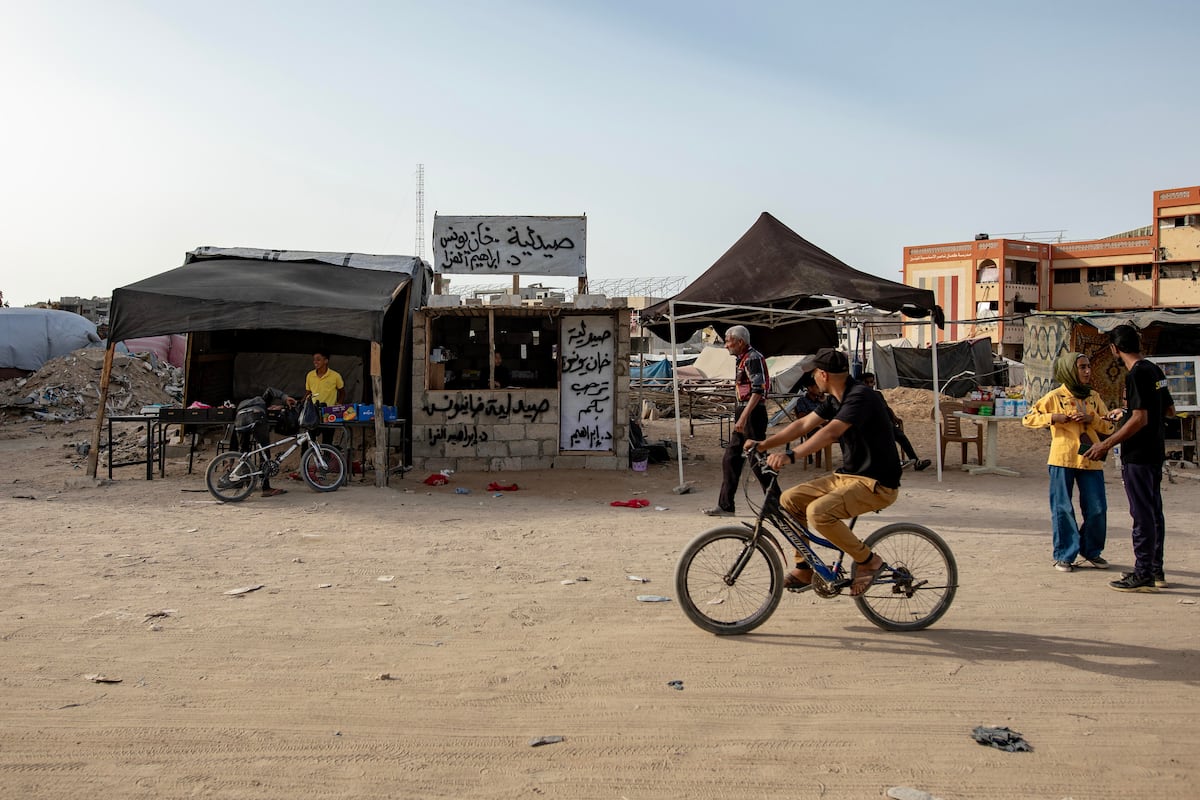Spain Recognizes Palestine: A Viable State Amidst Challenges
The Israeli-Palestinian conflict has been a longstanding issue since 1948, characterized by the continuous alienation of Palestinian lands, as noted by philosopher Edward Said. Despite numerous attempts to resolve the situation, Israel has largely avoided defining its borders, failing to recognize the Palestinian territories it has occupied since 1967. These include Gaza, the West Bank, and East Jerusalem—the lands where a potential Palestinian state would be established. On Tuesday, Spain, along with Ireland and Norway, took a significant step by recognizing the State of Palestine, aiming to formalize the viability of this state entity.
Spanish Prime Minister Pedro Sánchez emphasized “a State on the borders of 1967,” a reference to the UN plan before the creation of Israel, which aimed to partition Palestine into two states but was met with resistance. The borders pertaining to the pre-1967 lines are a key aspect of the discourse on establishing a viable Palestinian state.
Sánchez’s insistence on the viability of the Palestinian State implicitly acknowledges the unviability caused by Israeli occupation. The Oslo Accords, which were intended to facilitate the creation of a Palestinian State on pre-1967 borders, only granted limited autonomy to the Palestinian National Authority (PNA) in Gaza and West Bank. The situation is further complicated by territorial divisions and Israeli control over significant portions of these lands.
One of the most formidable obstacles to a viable Palestinian State is the lack of territorial continuity and the constant Israeli appropriation of Palestinian lands. The fragmented nature of Gaza and the West Bank, coupled with Israel's construction of barriers and settlements, poses significant challenges to establishing a cohesive state. Israel has annexed significant parts of these territories, with plans for further annexations thwarted only temporarily.
The Israeli settlements have escalated, with approximately 450,000 settlers in Area C of the West Bank and 250,000 in East Jerusalem. Israeli control extends to the borders, airspace, and even tax collection, making it difficult for the Palestinian Authority to exercise sovereignty.
Spain’s recognition is based on United Nations Security Council Resolutions 242 and 338, which call for Israel’s withdrawal from occupied territories and a just and lasting peace. Spain has traditionally not recognized Israel's control over territories occupied since 1967 and stands firm on this position.
In his official statement, Sánchez underscored the importance of a Palestinian state coexisting peacefully with Israel. He proposed that East Jerusalem should be the capital of the Palestinian State and mentioned the need for a corridor connecting Gaza and the West Bank. His message clearly aligned with UN resolutions and the historical stance of the European Union.
Sánchez also criticized Hamas while expressing a desire to end the current crisis in Gaza, advocating for a permanent ceasefire. Spain plans to support the reform of the Palestinian National Authority and coordinate with Arab partners to achieve peace and prosperity in the region.
The recognition by Spain is not an isolated act. Ireland and Norway have also recognized the State of Palestine. This move adds Spain to over 140 countries that have already recognized Palestine. Despite symbolic implications, Spain’s action represents a significant diplomatic stance.
Israel's response was immediate and vehement. Israel has withdrawn its ambassadors from Spain, Ireland, and Norway, expressing strong disapproval of these recognitions. Israel’s Foreign Minister, Israel Katz, strongly criticized Spain, equating the recognition with complicity in inciting violence against Israelis.
Amidst these developments, the Palestinian Authority and other Palestinian organizations like the Palestinian Institute for Public Diplomacy ask for more concrete measures beyond symbolic recognition, such as cutting diplomatic and economic ties with Israel.
- In a significant turn, Spain's Foreign Minister José Manuel Albares announced that a delegation of Foreign Ministers from Egypt, Saudi Arabia, Jordan, Qatar, the United Arab Emirates, and the Secretary General of the Arab League would visit Madrid to discuss future steps.
- The historical context of Spanish recognition traces back to their long-term stance on not recognizing territories occupied by Israel after 1967. Spain’s diplomatic journey with Israel began in 1986 and has always hinged on the recognition of the Palestinian right to self-determination as stipulated in UN resolutions.
- Criticism has surfaced from various quarters, including Spain’s opposition leader Alberto Núñez Feijóo, who termed the recognition as an electoral tactic. The statement by Spanish second vice-president Yolanda Díaz, 'Palestine will be free from the river to the sea,' further strained relations, evoking sharp rebukes from the Israeli government.






